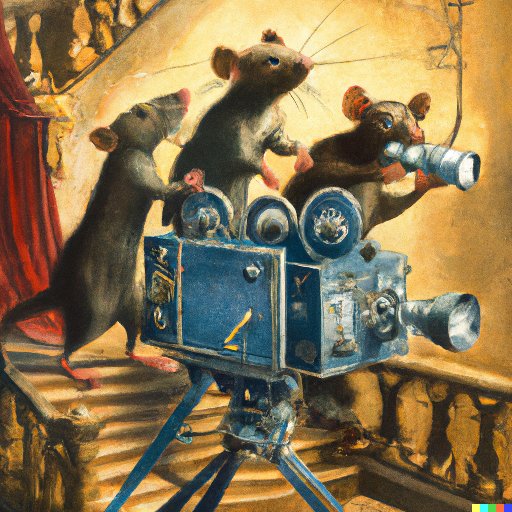I'll start this with what I know: nothing. Or rather, lots of details, lots of technical minutiae, but nothing genuinely important. It's a strange realization after years of living what felt like a busy, consequential life. Now I inhabit a different rhythm entirely—surviving on a couple hundred dollars a week after rent, but with something more precious: time. Almost unlimited stretches of it. The irony isn't lost on me. I have more freedom than ever before, yet I spend most of it consuming—watching people play games online, absorbing highly produced entertainment, diving into political commentary, listening to endless podcasts. Information flows into my brain through an impossibly narrow channel, and I'm increasingly fascinated by this bottleneck we all navigate daily. We try to optimize this bandwidth, don't we? We seek out reporters who distill weeks of investigation into digestible segments, experts who compress decades of experience into structured knowledge we hope might save us those same decades of trial and error. But the channel remains stubbornly narrow. An hour-long podcast takes exactly an hour to absorb. A book demands its full reading time, no matter how desperately we wish we could download it directly into our consciousness.
Here's what strikes me: the rate of information doesn't actually change. Whether I'm consuming carefully curated political analysis or simply sitting by a fire listening to a friend talk, photons enter my eyeballs at the same microscopic beat. The friend's voice carries the same informational density as the radio humming in the background, the distant chainsaw, the flock of screeching birds, or the slow tick of a refrigerator compressor in the dark. So what differentiates signal from noise? When my neighbor—who recently set up camp at the end of my driveway in rural Auckland—leaves his radio blaring halfway between his tent and my bus while he wanders off, is that noise or information? The squealing of worn brake pads certainly carries crucial data. But what about white noise from a detuned radio? It tells me the device is powered, that nothing's broadcasting on that frequency, and perhaps most valuably, it masks the argument next door or the traffic outside, creating space for deeper thinking. The challenge isn't the volume of information—it's the filtering. We're constantly making choices, consciously and unconsciously, about what deserves our attention.
I've been noticing something else about this filtering process: emotions don't just influence what we attend to—they hijack the entire system. I heard recently that if you're not feeling emotions, they might be active but suppressed, while actually feeling them—recognizing anger, happiness, sadness—suggests you're probably thinking rationally and staying connected to reality. This resonates, though I'm not entirely convinced it's universal. When I'm in genuine rage—storming out, slamming doors, throwing things—I'm not choosing these actions. They feel automatic, almost possessive. In those moments, I'm not thinking "I feel angry." I'm just being the anger. Maybe that's what the theory means: the emotion is so active, so overwhelming, that it's effectively suppressed from conscious awareness. But what about subtler states? When I'm vaguely unsettled or mildly unhappy but can't quite pinpoint why? The lines blur between feeling and suppression, between signal and noise in our emotional landscape.
From my current vantage point—literally a converted bus in a field outside Auckland—I thought I could tune out the world's noise and focus on what matters. The irony is palpable. My neighbor's radio, his tools scattered in the driveway during rainstorms, the gradual encroachment of civilization into my retreat—these weren't part of the plan. I sought silence and found a different kind of noise, one that triggers emotional responses I'm still learning to recognize before they overwhelm my rational processing. The strange thing is, I don't mind admitting that emotions drive my behavior more than I'd previously understood. Recognition feels like progress, even if I'm not sure how to change the pattern. Maybe the first step is simply this: paying attention to what we're paying attention to.
What does it mean to attend to something? To consciously direct that narrow channel of awareness toward one input rather than another? In a world where information flows at us constantly—through screens, conversations, environmental sounds, our own internal dialogue—the act of filtering becomes almost an art form. Some people seem content to let experiences wash over them without actively curating their informational diet. They'll stand around a fire, chat with friends, and receive the world as it comes. Maybe they've figured out something I'm still learning: that the quality of attention matters more than the quantity of information. I'm still thinking about all of this, still trying to understand what's worth filtering in and what's worth leaving out. In a noisy world where our emotions color everything we perceive, perhaps the most important skill isn't optimizing our information intake—it's learning to recognize when we're truly present with whatever signal we've chosen to receive.
The radio is quiet tonight. For now, at least, I can hear myself think.




💬 Comments (0)
Be the first to comment!
Share your thoughts about this post.
Join the Discussion